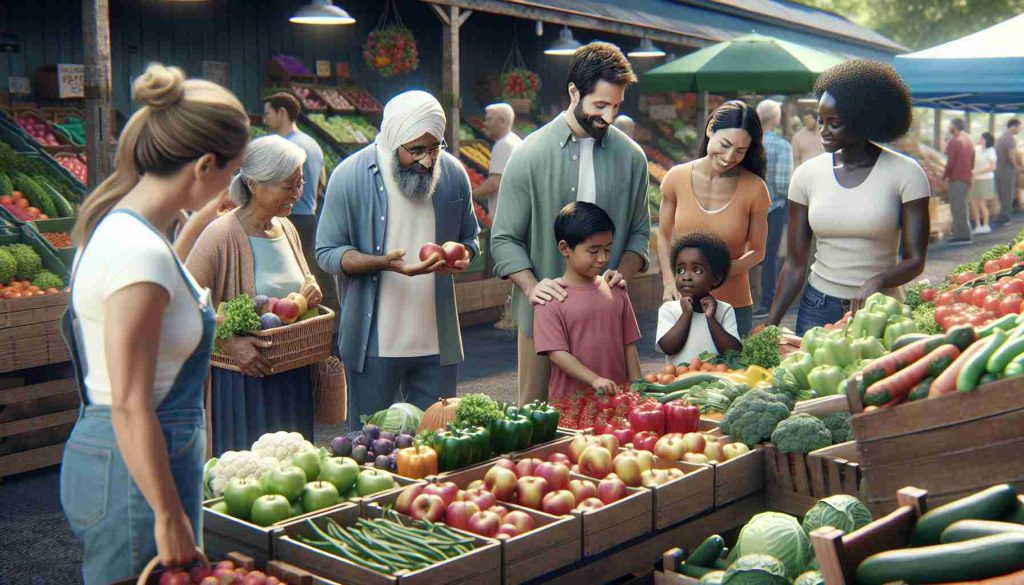New SNAP Guidelines Focused on Improving Access to Fresh Produce
3 min read
In an innovative move to enhance nutrition accessibility, upcoming revisions to the Supplemental Nutrition Assistance Program (SNAP) aim to prioritize fresh produce options for participants. The shift comes as part of the Nutrition Advancement Initiative set to launch next year, emphasizing the importance of healthy eating habits.
Under the proposed changes, SNAP recipients will have increased opportunities to access local farmers markets, community gardens, and farm-to-table programs that promote sustainability and well-being. This initiative is expected to not only benefit the health of individuals but also support local agriculture and foster a sense of community engagement.
Additionally, the revisions will introduce educational workshops and resources to guide recipients on how to best utilize fresh produce and incorporate it into their daily meals, encouraging a more balanced and nutritious diet. By empowering individuals with the knowledge and tools to make healthier food choices, the program aims to make a lasting impact on public health outcomes and overall well-being.
Through a collaborative effort between government agencies, community partners, and health advocates, the Nutrition Advancement Initiative represents a progressive step towards ensuring that all individuals have access to the resources they need to lead a healthy and fulfilling life.
New Insights into the Revised SNAP Guidelines for Access to Fresh Produce
Among the significant shifts in the forthcoming Supplemental Nutrition Assistance Program (SNAP) revisions, several key questions arise that shed light on the potential impact of the changes:
1. What measures are being implemented to address food deserts and improve access to fresh produce in underserved communities?
– The new guidelines prioritize collaborations with local food banks and mobile markets to reach areas lacking grocery stores that carry fresh fruits and vegetables.
2. How will the revisions address issues of food waste and spoilage associated with perishable items like fresh produce?
– SNAP plans to incorporate education on proper storage techniques and meal planning to help participants maximize the use of fresh produce and reduce waste.
3. Are there concerns about potential cost implications for participants in purchasing fresh produce over processed foods?
– SNAP will explore partnerships with retailers to offer discounts or incentives for purchasing fresh produce, aiming to make healthier options more affordable for beneficiaries.
Key Challenges and Controversies:
– One challenge is ensuring that the increased focus on fresh produce does not inadvertently limit choice or accessibility for individuals in remote or low-income areas.
– There might be controversies surrounding the effectiveness of educational workshops in influencing long-term dietary habits and behavior change among SNAP recipients.
Advantages and Disadvantages:
– Advantages include potential improvements in public health outcomes, support for local farmers and economies, and enhanced community engagement through shared food resources.
– Disadvantages may involve the logistical hurdles of implementing widespread education and access programs, as well as the need for ongoing evaluation to measure the program’s success.
For more information on SNAP initiatives and nutrition assistance programs, visit USDA – United States Department of Agriculture.
By addressing these questions and considerations, the revamped SNAP guidelines are poised to have a significant impact on promoting healthier food choices and fostering a culture of wellness among program participants.



